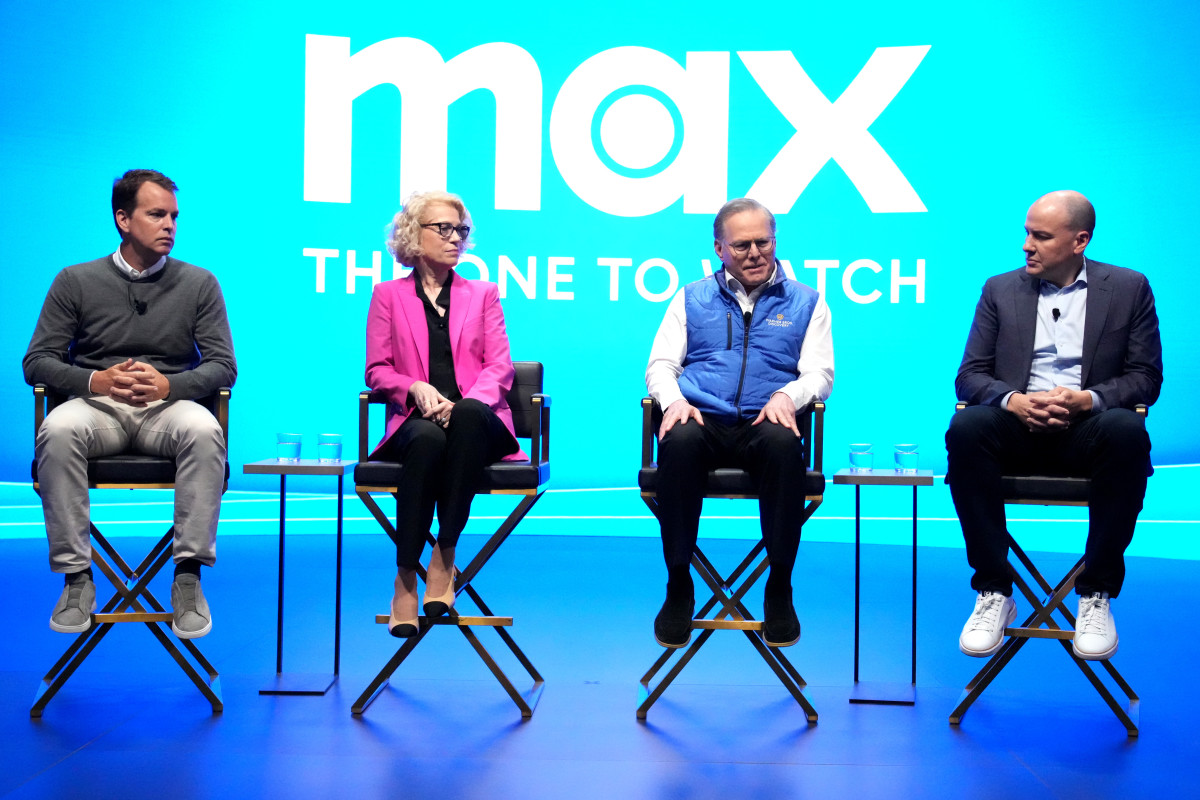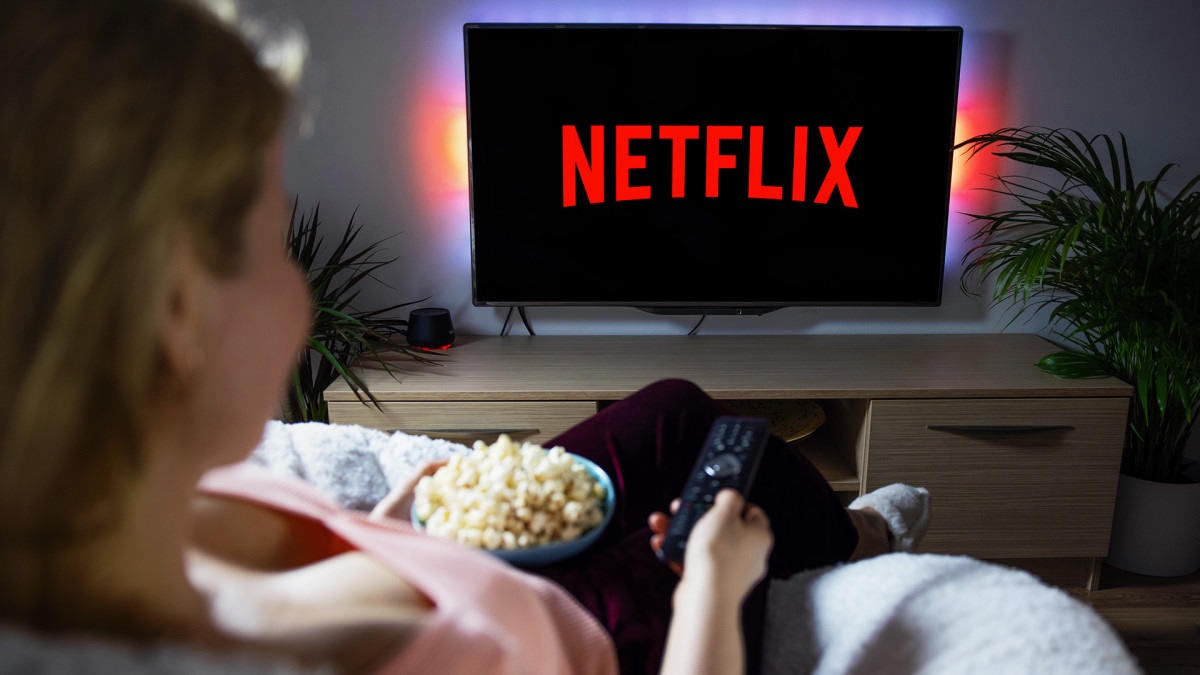
Warner Bros. (WBD) , which owns popular streaming platform Max, is facing some major headwinds in its business that are draining the company’s pockets.
In the company’s third-quarter earnings report for 2024, it revealed that its total revenues declined by 4%, compared to the same time period last year.
💰💸 Don’t miss the move: SIGN UP for TheStreet’s FREE Daily newsletter 💰💸
In its studios segment specifically, it faced a 17% year-over-year decline in total revenues which was partially due to lower box office income from recent movie releases such as “Beetlejuice Beetlejuice” and “Twisters,” and lower gaming and TV revenues.
Related: Max is making changes to your subscription you won't like
Warner Bros. also generated $632 million in free cash flow during the quarter, which is a 69% decline from the roughly $2 billion it had during the same quarter in 2023.
Max subscribers will soon pay more every month
Despite recent challenges, the company’s direct-to-consumer segment, which includes the performance of its streaming platforms Max and Discovery+, faced success by increasing its total revenues by 8% year-over-year.
For Max specifically, the company managed to add 7.2 million new subscribers in the third quarter, bringing its total global subscriber count to 110 million.
While the platform is successfully blossoming, Warner Bros. is planning to roll out some major changes to the streaming service that its subscribers may not like.

During a recent earnings call, Warner Bros. Global Streaming and Games CEO JB Perrette revealed that the company is planning to kick off a crackdown on password sharing on Max over the next few months.
“We will kick off some very soft messaging later this quarter around password sharing and that as we kick into ‘25 and into ’26 you’ll see more and more progress on that, which in effect is a form of a price rise as well as the asking members who have not signed up or multi-household members to pay a little bit more,” said Perrette during the call.
He also hinted that Max will soon undergo another price increase, even after it pushed two price hikes over the last two years.
More Technology:
- Mark Zuckerberg fires back at a major concern about social media
- DirecTV gives grim response to customers angry over Disney blackout
- AI athletes take the field thanks to $600 from EA Sports
“We think the premium nature of our product in particular lends us to be - to have a fair amount of room to continue to push price. We've been judicious about it, but every price rise we've done so far the churn has actually been lower than we projected and expected and the retention continues to be strong,” said Perrette.
Currently, a Max subscription with ads costs $9.99 a month, while an ad-free subscription is $16.99 a month.
Related: Warner Bros. reveals just how bad the Hollywood strikes dented its profits
Perrete also claimed during the call that Max has “room to grow” in adding ads to its platform.
“On the ad load side, we are light, we don't put any ads today in the HBO current series as an example,” said Perrette. “We don't break up the content. We have some pre-rolled content that we are making sponsorship. But we don't put anything in there. We have (a) very light ad load compared to most of our competitors in the market. So there is room to grow in the capacity side.”
Netflix-inspired password sharing crackdowns in streaming
The upcoming changes to Max come after one of its main competitors, Netflix (NFLX) , enforced its crackdown on password sharing in May last year.
Netflix's move drew widespread scrutiny from subscribers, who complained about being charged an extra $7.99 a month to share their accounts with friends and family outside their households. However, the change also translated to higher revenue and subscriber counts for the company.

In Netflix’s most recent shareholder letter, it revealed that its revenue grew by almost 8% year-over-year, and it also managed to attract about 8.7 million new subscribers to its platform, which is a roughly 11% increase from what it added during the same quarter last year.
“Engagement, our best proxy for member happiness, remains healthy,” said Netflix in the report. “Through the first three quarters of 2024, view hours per member amongst owner households (the clearest view of engagement trends post the introduction of paid sharing) increased year over year.”
Related: Veteran fund manager sees world of pain coming for stocks







